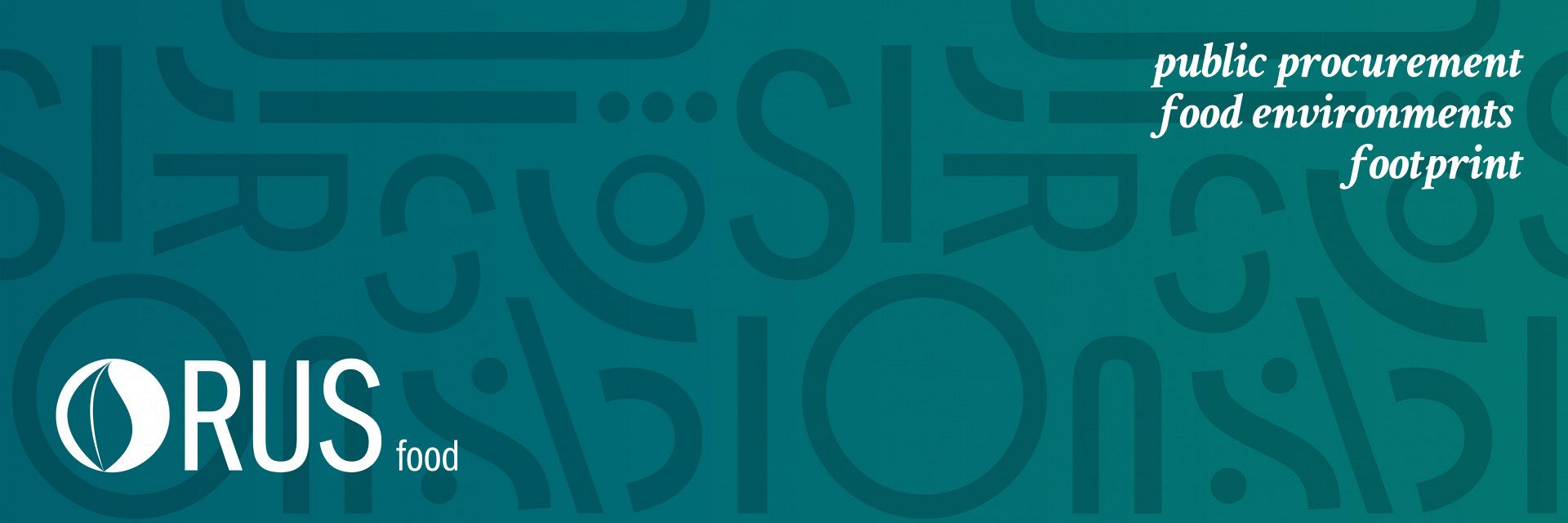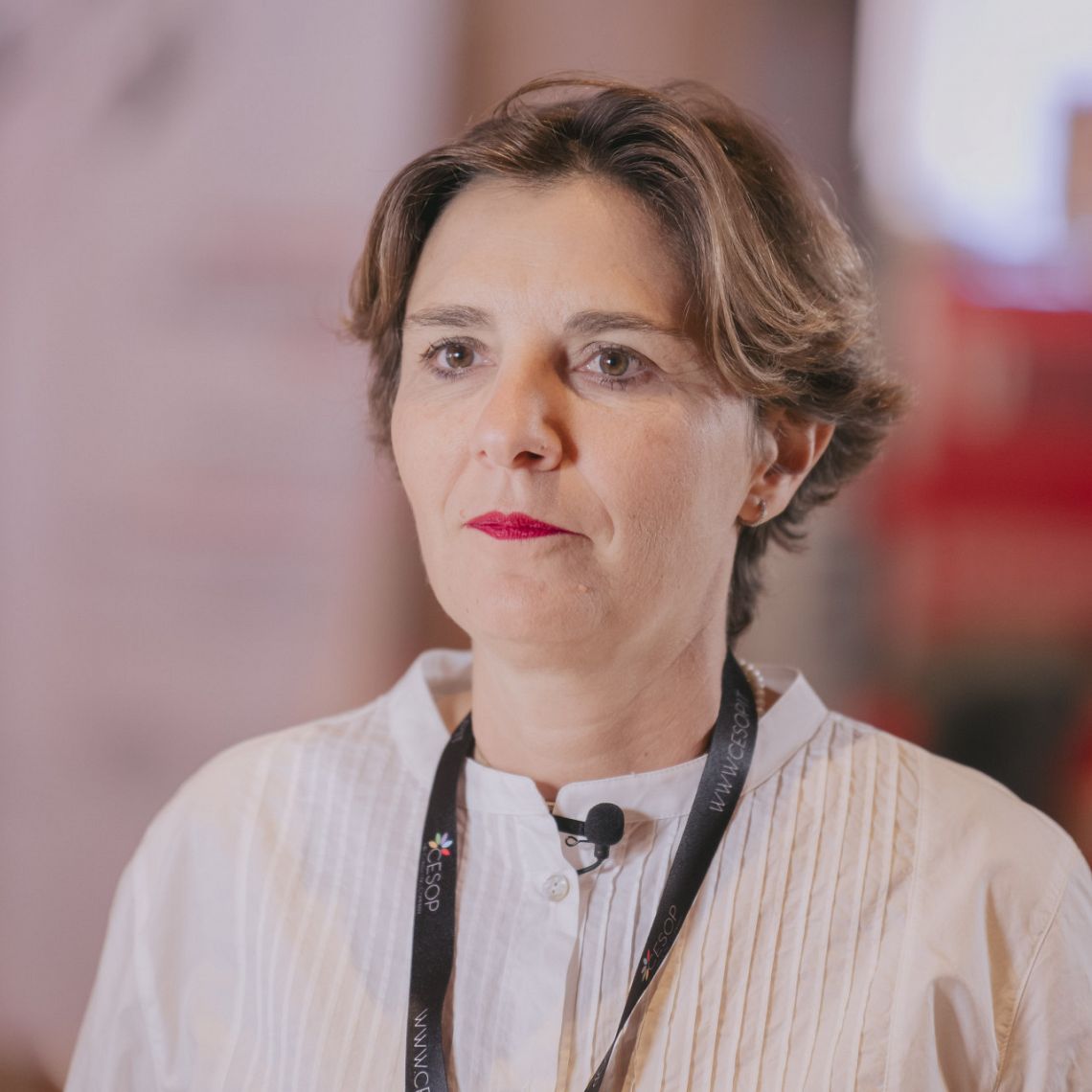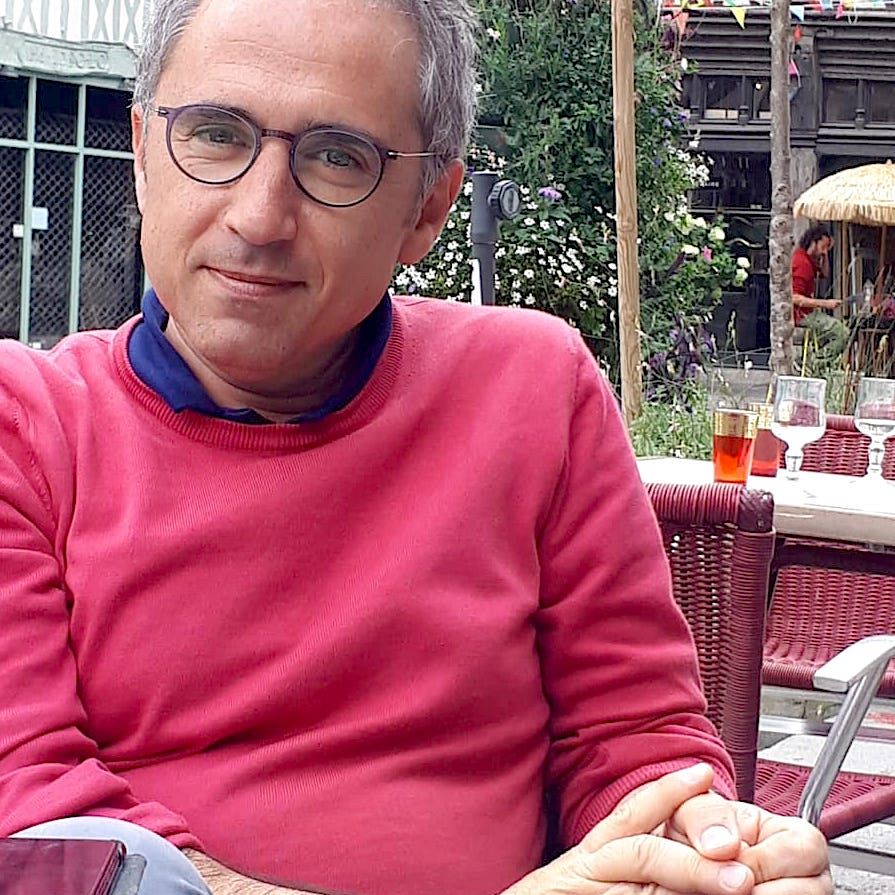Food
The Food WG deals with how food is consumed in universities, by students and staff, in order to make universities a model of sustainable food consumption for the territory. The Working Group deals with issues such as the supply, distribution and consumption of food and the management of related waste. It also deals with food education and sustainability and its relations with other subjects. The WG aims to produce knowledge on the university food phenomenon, collecting and disseminating data and promoting exchange of experiences and best practices.
Coordination of the WG in previous terms:
December 2021 - December 2024
Egidio Dansero - Università degli Studi di Torino
Laura Di Renzo - Università degli Studi di Roma "Tor Vergata"
December 2018 - December 2021
Egidio Dansero - Università degli Studi di Torino
Eleonora Sirsi - Università di Pisa
News
WG activities
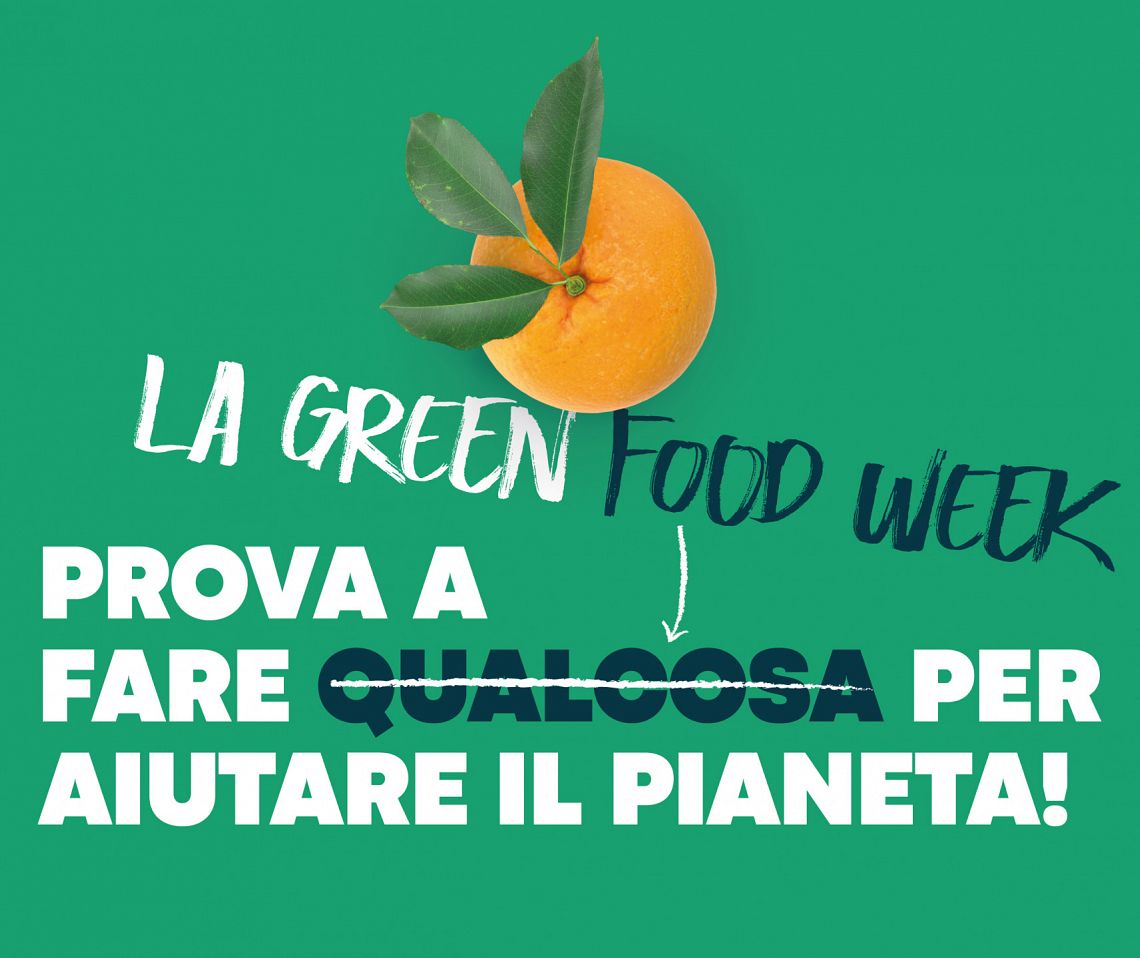
Green Food Week
WG Food promotes Green Food Week: the initiative to enhance planet-friendly food, coordinated by Foodinsider
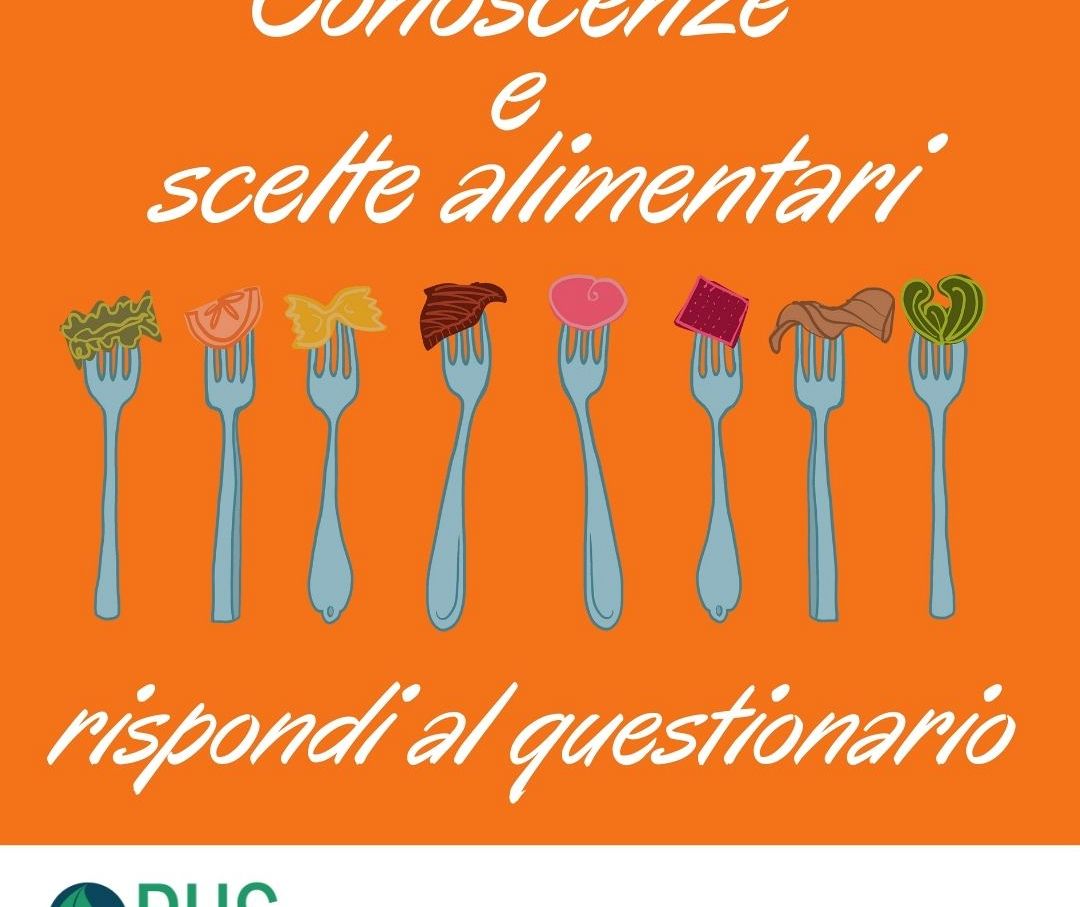
Dietary knowledge of university populations
WG Food' survery to identify the knowledge and food choices of university students and university staff, both teaching and non-teaching, of some Italian universities, useful for the implementation of subsequent interventions to promote healthy and sustainable diets for university populations. The survey will be conducted through 2 successive surveys using structured questionnaires with socio-demographic data collection and the use of validated scales inherent to dietary knowledge, eating habits and food sustainability. The first will focus on "Food Knowledge" in summer-autumn 2022. This will be followed in 2023 by the one on "Food Habits."
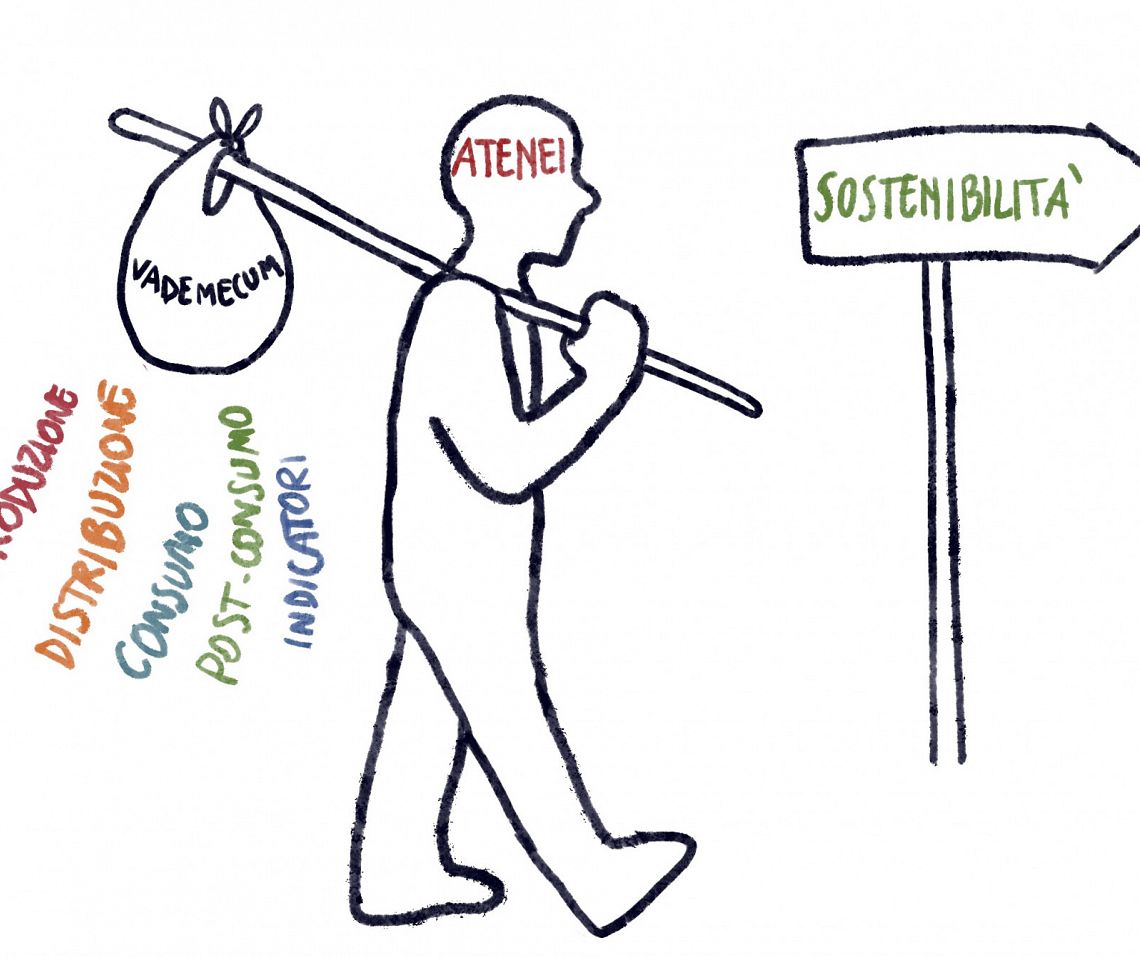
VADEMECUM - Italian Only
This vademecum collects some of the reflections, comparisons and exchanges of knowledge and experiences activated by the RUS Food Working Group in its first three years of activity. The purpose and the ultimate sense of the vademecum are to serve as a guide for a university that wants to undertake in a systematic and integrated way a variety of initiatives on food, as produced, distributed, consumed, wasted by the university community, thus becoming aware and reflective players in the construction of local food policies.

